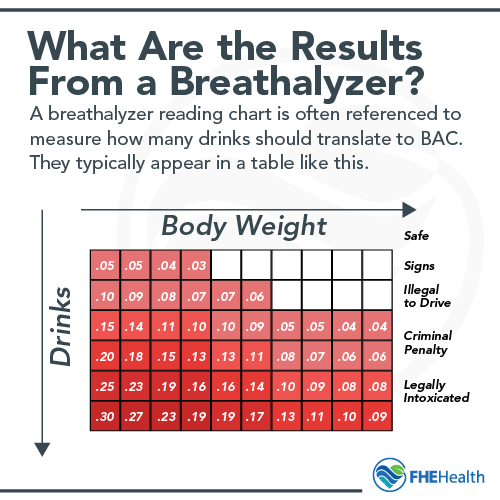Navigating the Gray Zone: Can You Fail a Breathalyzer Test While Sober?

by AutoExpert | 20 October, 2023
In the quest to ensure safer roads, breathalyzer tests have become a linchpin for law enforcement agencies. These devices gauge a driver's Blood Alcohol Content (BAC), acting as a deterrent against drunk driving. However, can they sometimes cry wolf? Let's venture into the realm of breathalyzer tests, exploring how a stone-sober driver might still find themselves on the wrong side of the law.
The Mechanism Behind Breathalyzers:
A breathalyzer capitalizes on the correlation between the alcohol vapor in one's breath and the alcohol concentration in the bloodstream. When alcohol enters your system, it meanders through your bloodstream, with a fraction of it escaping through your breath, which is what the breathalyzer picks up.
The Legal Threshold:
Across the United States, a BAC of 0.08% or higher is the threshold of legality. Even so, lower BAC levels can still impair a driver's capability on the road, making the margin for error quite slim.

The Phantom Menace: False Positives:
Although touted for reliability, breathalyzer tests are not immune to false positives. Here's how you could score a false positive on a breathalyzer test despite being sober:
- Mouth Alcohol: Elements like mouthwash, gum, or breath fresheners that harbor alcohol can transiently spike BAC readings.
- Equipment Glitches: From software bugs to the need for recalibration, breathalyzer devices can falter, skewing the results.
- Pre-Test Conduct: Any ingestion or regurgitation 15 minutes prior to the test can muddy the waters, potentially altering the test outcome.
- Medical Conditions and Medications: Certain ailments like diabetes or medications like asthma inhalers can have a bearing on the BAC readings.
- Dietary Factors: Foods and beverages like hot sauces, energy drinks, or even a low-carb diet can momentarily raise BAC levels.
- Environmental Interference: Chemical pollutants in the air can meddle with the breathalyzer results, especially in industrial settings.
Other Influencers of BAC Levels:
Beyond the false positive triggers, other factors such as body fat percentage, gender, and food intake can also mold BAC levels, adding another layer of complexity to the breathalyzer narrative.

Breathalyzer tests are undeniably pivotal in the fight against drunk driving. Yet, the potential for false positives and the myriad factors influencing BAC levels underscore the necessity for awareness among both law enforcement entities and individuals. As the axiom goes, knowledge is power, and in this case, it might just prevent an undeserved DUI charge.

















